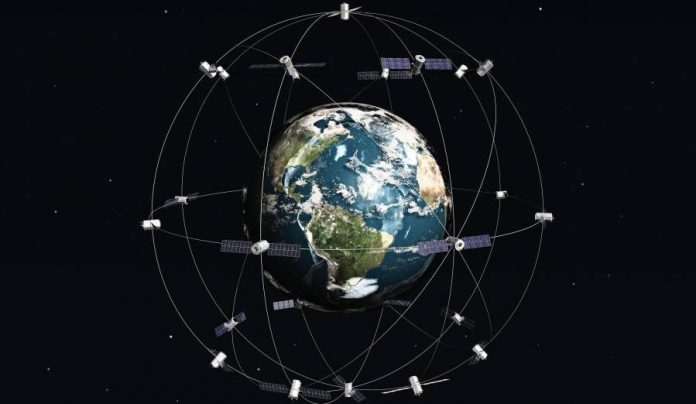
On Thursday, Reuters learned SpaceX had just filed an application to the FCC to launch nearly 4,500 satellites into space. The aerospace travel company would use the satellites as a network to provide high-speed internet across the globe.
SpaceX’s FCC filing follows the failed launch of the Falcon 9 rocket back in early September.
An unexpected engine malfunction caused the spacecraft to catch on fire, taking an Israeli communications satellite with it. The accident resulted in nearly $300 million in damages.
The company’s plans to launch a massive satellite network are part of Elon Musk’s master plan.

The billionaire entrepreneur is also developing projects in the energy and automotive industries. Musk is the CEO of Tesla and Chairman of SolarCity.
How would SpaceX deploy its Internet satellite network?
SpaceX presented a sketch of this plan back in early 2015 to investors who helped fund the $10 billion endeavor. Fidelity Investments and Google have pitched in approximately $1 billion, adding up their contributions.
All in all, the full in-orbit fleet would consist of 4,425 satellites. The documents filed with the Federal Communications Commission claim an initial deployment phase would take between 800 and 1,600 satellites to orbit.
Each of the them would be the size of a small car and would have a weight of 850 lbs or 386 kg. The satellites would orbit the Earth at altitudes up to 823 miles, or 1,325 km above our planet.
https://youtu.be/t3qcDW3xkg4
A second stage of the plan dubbed Final Deployment would launch the remaining 2,825 satellites and get them up and running to beam internet signals down to Earth.
Once they are up, each satellite of the global network would cover an estimated are of 1,300 miles or 2,120 km in width. The company would, presumably, use their own Falcon 9 and Falcon Heavy rockets to do it.
SpaceX’s fleet proposal not only outnumbers the amount of satellites currently active in space (over 1,400) but also exceeds the overall number of satellites in orbit (around 2,600).
Which countries would get SpaceX’s Internet first?
SpaceX’s wireless service would bring standard Internet speeds around the world up to 1 Gbps. In contrast, the average rates for 2015 stood a little above 5 Mbps.
Elon Musk’s space corporation has plans to make this new global network a cost-effective, capable, and adaptable endeavor to the ever-changing circumstances and needs of online users around the world.
SpaceX intends to take up at least 10% of the global internet traffic once the network is fully deployed. The initial phase aims to cover the United States, Puerto Rico, and the U.S. Virgin Islands in five to seven years.
The company is currently working on the satellites, and it has not disclosed any information regarding launch dates or precise schedules.
Source: FCC











Could Elon Musk become a modern Cosimo de’ Medici, the 15th Century Banker to the Pope?
POSSIBLE IMPACTS of his Internet satellite network ambitions:
* Democratization of Education to emerging nations through distance learning
* Improved global health & wellness through telehealth, leading to dramatic increases in average lifespan, as well as over-population issues that might encourage some sort of genocide
* Lower wages in developed countries as work is outsourced to populations with the cheapest workers, or automated by technology
* Control of public opinion and “fake news” through deep packet inspection and filtering
* Manipulation & control of world financial systems as they move online with systems like BitCoin
* Control of global politics, favoring friendly politicians and nations
* Spark a world war if China, Russia or others view this as a threat and begin destroying each new satellite as they go online
It’s one thing for such power to be in the hands of a government that is supposed to serve public interests but still might be manipulated by politicians and special interests. It’s quite another for such power to be in the hands of a single individual, or a corporation that is legally bound to serve shareholder investment interests rather than public interests.
Even as a retired IBM technologist and futurist with a historically optimistic view of the future, I worry about the potential negatives of the widening wealth gap and concentration of power as the pace of tech innovation accelerates exponentially and continually, and as capital adds more value than labor.